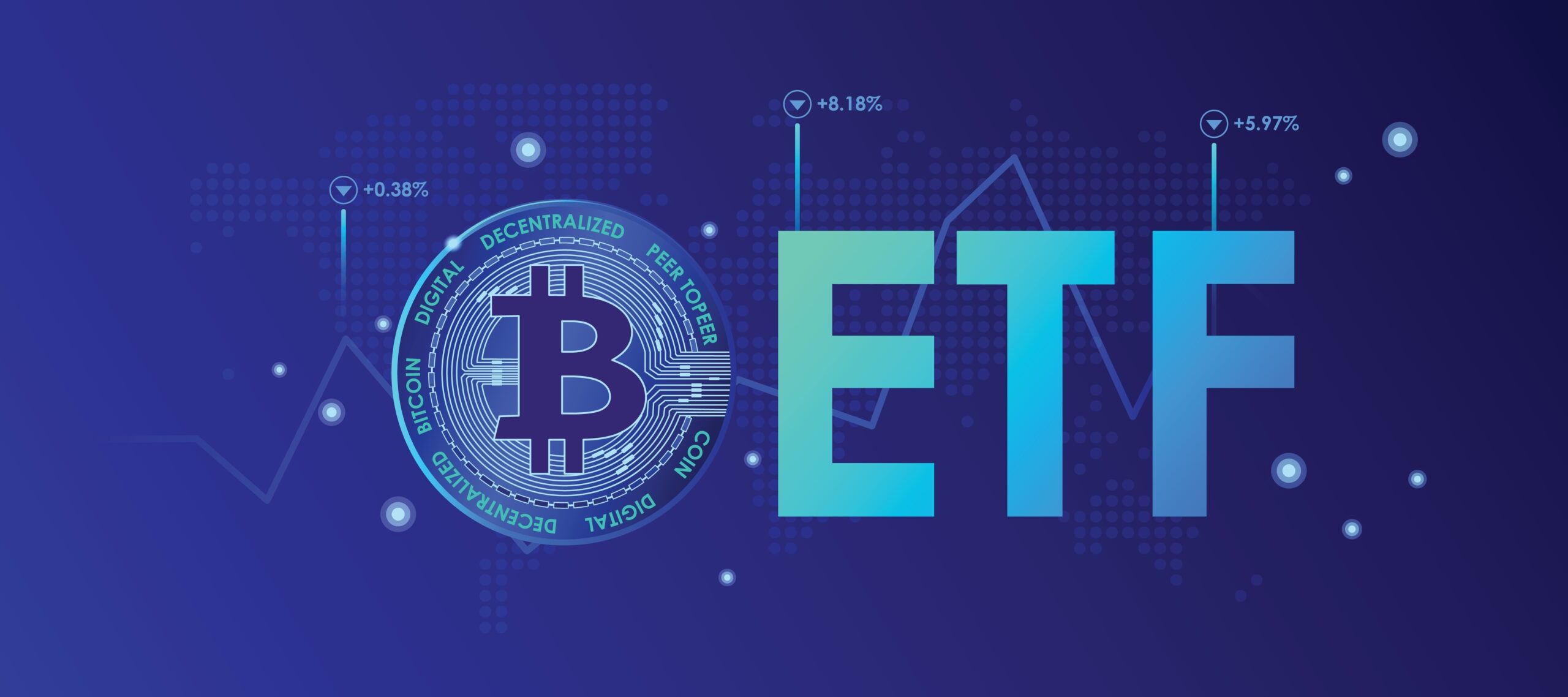London-based Jacobi Asset Management has listed Europe’s inaugural Bitcoin ETF on the Euronext Amsterdam exchange.
The Jacobi FT Wilshire Bitcoin ETF, trading under the ticker BCOIN, is a pioneering development that offers institutional investors a way to invest in Bitcoin.
🚨 BREAKING 🚨
THE FIRST BITCOIN SPOT ETF IS
NOW LISTED IN EUROPE $BCOIN— Ash Crypto (@Ashcryptoreal) August 15, 2023
Initially slated for a 2021 launch after receiving approval from the Guernsey Financial Services Commission (GFSC), the firm postponed the release due to adverse market conditions brought about by the collapse of the Terra ecosystem and the bankruptcy of the FTX crypto exchange. The ETF is finally live, charging investors a 1.5% annual management fee.
Fidelity Digital Assets will handle custodial services for the fund, while Flow Traders will act as the market maker. Authorized participants include Jane Street and DRW.
Sustainability at the forefront
According to familiar sources, the ETF’s design aims to address institutional investors’ sustainability needs. Jacobi’s CEO, Martin Bednall, stated that the ETF would catalyze institutional adoption of digital assets, providing a simple and secure entry into the Bitcoin market.
The ETF is also the first decarbonized digital asset fund compliant with Article 8 of the European Sustainable Finance Disclosure Regulation (SFDR). In partnership with digital asset platform Zumo, the fund uses a Renewable Energy Certificate (REC) solution to allow institutional investors to invest in Bitcoin while adhering to their Environmental, Social, and Governance (ESG) objectives.
RECs verify the use of renewable energy sources, contributing to the fund’s overall decarbonization and sustainable principles. Bednall explained that RECs are an ideal tool for crypto investments, as they specifically address electricity consumption, the most significant aspect of the carbon footprint in cryptocurrency.

A new era for crypto investments
The launch of Jacobi’s Bitcoin ETF signals a significant shift from the traditional exchange-traded notes (ETNs), the most prevalent structure for crypto-backed financial instruments in Europe. One of the primary differences between ETFs and ETNs lies in the ownership structure and investment nature.
Shareholders in an ETF own a stake in the underlying assets held by the fund. In contrast, ETN investors possess debt security. Regulated managers approve and oversee ETFs, sign off on all activities, and report regularly to the regulator.
ETNs allegedly lack such oversight, leaving investors with less protection. ETFs also avoid using leverage or derivatives, reducing the potential risks associated with market manipulation. Conversely, ETNs may incorporate leverage or derivatives, introducing an additional layer of risk.
The U.S. market still awaits approval
The debut of the Jacobi Bitcoin ETF has positioned European investors at the forefront, offering them a sought-after investment avenue ahead of Americans. Proposals for a Bitcoin exchange-traded fund (ETF) have been repeatedly delayed or rejected by the U.S. Securities and Exchange Commission (SEC) for fears of market manipulation.
However, there has been increased optimism that U.S. authorities may approve a Bitcoin ETF following recent proposals from big names, including BlackRock, Fidelity, Valkyrie, and Invesco. The Jacobi Bitcoin ETF follows the launch of a Bitcoin Equities ETF on the Euronext Amsterdam exchange by Melanion Capital in June 2023. Europe’s growing interest in digital assets and its progressive approach to cryptocurrency investment products have paved the way for further adoption.









 and then
and then